ECTS:
6
Περίγραμμα Μαθήματος

e-Class
Το μάθημα Ειδικά Θέματα Μακροοικονομίας εισάγει τους φοιτητές στις έννοιες της οικονομικής μεγέθυνσης. Αναλύονται θέματα σχετικά με τους προσδιοριστικούς παράγοντες της οικονομικής μεγέθυνσης των χωρών καθώς και με τις κυρίαρχες θεωρίες ανάλυσης της μεταβολής των οικονομικών μηχανισμών. Οι φοιτητές έρχονται σε επαφή με έννοιες όπως η εξωγενής και ενδογενής μεγέθυνση, η σύγκλιση κ.τ.λ. Το μάθημα βασίζεται στη μαθηματική τεκμηρίωση των κυρίαρχων θεωριών το οποίο βοηθάει τους φοιτητές να αποκτήσουν κριτική σκέψη και αναλυτικό πνεύμα σε θέματα άσκησης οικονομικής πολιτικής.
Καθηγητές
Επιλέξτε για να δείτε περισσότερες πληροφορίες για κάθε καθηγητή.
| Όνομα | Τίτλος | |
|---|---|---|
| Πραγγίδης Ιωάννης-Χρυσόστομος | Αναπληρωτής Καθηγητής | gpragkid@econ.duth.gr |

